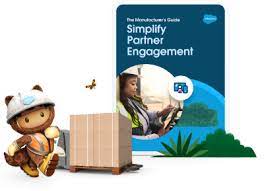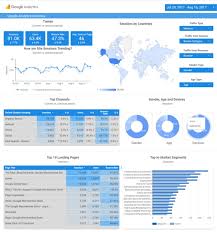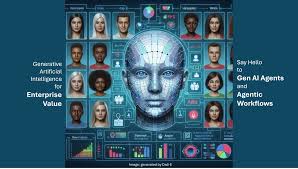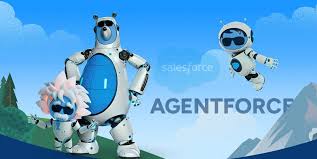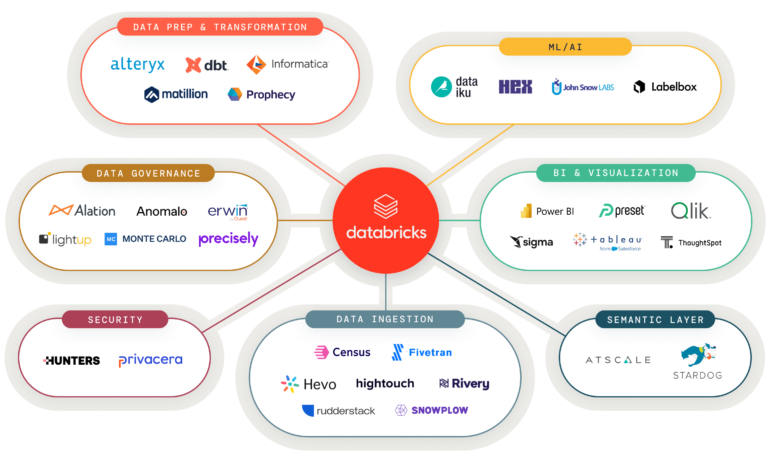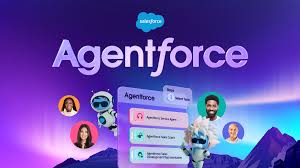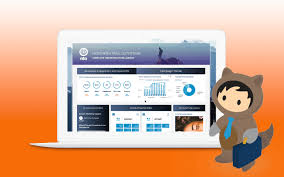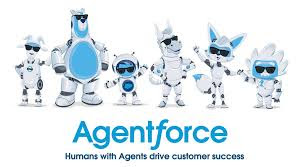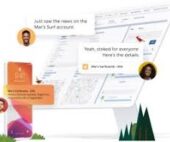Introducing Salesforce’s Marketing Intelligence: The Future of Marketing Analytics For the past dozen years, many marketers have been enamored with a powerful marketing analytics tool—Datorama, now known as Salesforce Marketing Cloud Intelligence (MCI). Regarded as one of the most seamless solutions for unifying data across multiple sources, MCI was built by marketers for marketers. It enables users to effortlessly combine data, generate reports, and build dashboards using plain language and pre-built data models. Whether for simple smart-lens dashboards or complex automated reporting triggered by specific events, MCI has been a game-changer. To the delight of marketers everywhere, Salesforce announced on March 18, 2025, a new evolution of the tool: Marketing Intelligence (MI). Built on the Salesforce Platform, MI takes the best of MCI and integrates it with Data Cloud’s unified architecture while introducing agentic AI features that deliver actionable, conversational insights. So, without further ado, let’s explore this exciting new tool. What Is Marketing Intelligence? Marketing Intelligence (MI) is a new Salesforce application designed to simplify marketing data management, deliver trustworthy insights, and maximize marketing ROI. Built on Data Cloud and deeply connected to the Salesforce ecosystem, MI is fully extensible—equipping marketers with everything they need to create powerful, meaningful dashboards with minimal effort. Data Cloud for Marketers, Made Easy One of the standout features of MCI has always been its AI-powered data mapping, which auto-populates based on past usage and logical predictions. Additionally, many APIs come with prebuilt models, reducing the need for manual configuration. These capabilities have helped marketers transition smoothly into data modeling and dashboarding without requiring deep technical expertise. Happily, MI retains and enhances these features. Users can upload a TotalConnect file (a flat file of their choice) or connect via API—with options like Google Ads available at launch and more integrations coming soon. Selecting a connection like Google Ads pulls in formatted data, ready for quick mapping, allowing users to build dashboards in just three clicks. Clean, Intuitive Dashboards MI’s dashboards are sleek, fast-loading, and prebuilt—yet fully customizable. A major upgrade over MCI is the inclusion of generative AI summaries, which analyze campaigns and highlight what’s working (and what isn’t). This feature represents the future of dashboarding: not just displaying data trends but explaining them in plain language and suggesting next steps. Marketers can even ask their AI agent to take action based on these insights, streamlining optimization like never before. This functionality is particularly valuable in large implementations where different users extract different insights from the same dashboard. Instead of manually interpreting data, marketers can now ask their AI agent for recommendations—saving time and reducing guesswork. Harmonized Data Across Channels The core goal of any marketing analytics tool—whether Data Cloud, MCI, or MI—is to unify cross-channel data into actionable insights. Beyond standardized API mapping, MI harmonizes fields across datasets and uses a semantic model to logically connect data (e.g., aligning campaign names across paid media, CRM, and other tools—even when naming conventions differ). For Existing MCI Users: What’s New? Many longtime MCI users may wonder: Can a new version really live up to the original? The answer? Absolutely. Here’s why: 1. Normalization, Simplified In MCI, joining messy and clean data often requires manual effort—using formulas or restructuring campaigns. MI changes that. With Einstein AI-powered normalization, users can automatically standardize data without manual adjustments, making cross-channel reporting smoother than ever. 2. Semantic Modeling Flexibility While MCI offers prebuilt data models, MI introduces semantic modeling, allowing users to define custom relationships across datasets. This means greater flexibility in structuring data, adding fields, and evolving models as business needs change—all while maintaining seamless integration with Salesforce objects. 3. ROI & Attribution, Supercharged The best MCI implementations tie cost/engagement data to real ROI. MI takes this further by integrating with Sales Cloud objects, enabling clearer ROI visualization. Additionally, attribution modeling is now more robust, with support for first- and last-touch attribution—helping marketers validate performance and optimize spend. For New Users: Why Choose MI? 1. Best-in-Class Data Harmonization MCI has long been the gold standard for unifying marketing data. Now, MI enhances this with Data Cloud integration, AI normalization, and three-click setup—making it the ultimate solution for marketers. 2. Smarter, Faster Visualizations While MCI offers strong visualization options, MI improves on two key pain points: 3. Unmatched Customization Want to dynamically rename campaigns, merge traffic sources, or filter data based on custom logic? MI makes it possible with pattern extraction, semantic-layer calculated fields, and Einstein normalization—giving marketers unprecedented control. A New Era for Marketing Analytics Marketing Intelligence launched on March 18, 2025 (requiring Data Cloud and MI licenses). Marketers eager to explore this next-generation tool should contact their Salesforce account executive. MI represents a leap forward in intelligent dashboarding, streamlining marketing data in ways MCI only hinted at. For data-driven marketers, the future is here—and it’s more powerful than ever. Like1 Related Posts Salesforce OEM AppExchange Expanding its reach beyond CRM, Salesforce.com has launched a new service called AppExchange OEM Edition, aimed at non-CRM service providers. Read more The Salesforce Story In Marc Benioff’s own words How did salesforce.com grow from a start up in a rented apartment into the world’s Read more Salesforce Jigsaw Salesforce.com, a prominent figure in cloud computing, has finalized a deal to acquire Jigsaw, a wiki-style business contact database, for Read more Service Cloud with AI-Driven Intelligence Salesforce Enhances Service Cloud with AI-Driven Intelligence Engine Data science and analytics are rapidly becoming standard features in enterprise applications, Read more






